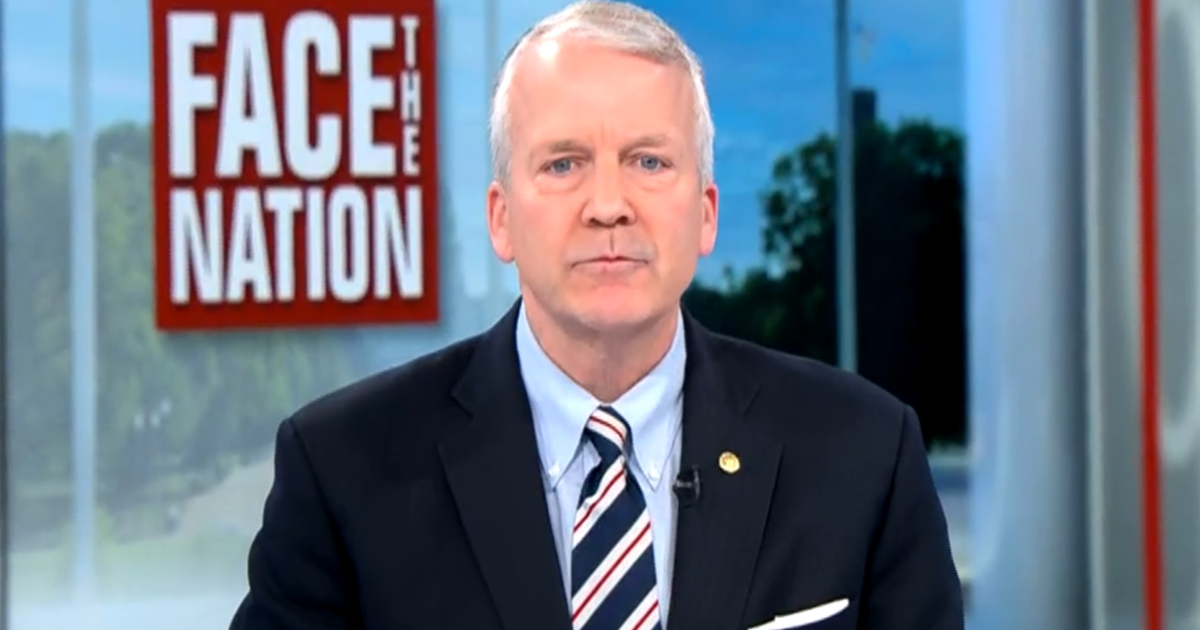Dominion v. Fox News: What are defamation and libel?
Dominion Voting Systems is suing Fox News in a $1.6 billion defamation lawsuit that kicked off in a Delaware court this week. Dominion's goal is to prove to a jury that the network knowingly defamed the company following the 2020 presidential election.
Dominion found itself at the center of conspiracy theories pushed by Trump allies after he lost the 2020 presidential election, and claims Fox News defamed the company by broadcasting baseless allegations about its voting machines.
What is defamation?
Defamation is the act of damaging the reputation of someone or something, through the spoken word — slander — or written word, libel.
To show that Fox News defamed Dominion, the company must prove several things: That Fox News pushed false statements purported as fact; published or communicated that statement to another party, such as on air; caused harm to Dominion's reputation; and, in this case, acted with "actual malice."
What will happen during the trial?
It's the jury that will have to decide whether Fox acted with "actual malice" in broadcasting allegations against Dominion. That means Dominion must prove, and a jury must agree, that Fox News either knew what it was broadcasting was false or had serious doubts about the veracity of its reporting and acted with "reckless disregard" for the truth anyway. Plaintiffs must prove a higher standard of "actual malice" when they are considered public figures.
"When we look at a defamation case, especially involving public matters or public officials or public entities, the knowledge of what the false statement may or may not have been is a critical point," Roy Gutterman, director of the Newhouse School's Tully Center for Free Speech at Syracuse University, told CBS News streaming in a recent interview. "So ever since this case reared its head, the most critical question we've been looking for is what they knew before they put the statements on the air. And through discovery, we're learning that they knew a lot about the statements and the credibility of their sourcing, and that all channels into the big question of whether the network put things on the air, put speakers on the air, knowing they were promulgating false information. That is the textbook definition of what we call actual malice."
It's tough to prove libel in U.S. courts. That's largely because a 1964 decision in New York Times v. Sullivan confirmed broad protections for media outlets as they exercise their First Amendment rights.
Fox News insists the allegations against Dominion were both newsworthy and protected by the First Amendment. Fox is expected to rely heavily on First Amendment arguments in court.
Dominion, in its complaint, argues that Fox "recklessly disregarded the truth."
"Fox endorsed, repeated and broadcast a series of verifiably false yet devastating lies about Dominion," Dominion's complaint reads. "These outlandish, defamatory, and far-fetched fictions included Fox falsely claiming that (1) Dominion committed election fraud by rigging the 2020 presidential election; (2) Dominion's software and algorithms manipulated vote counts in the 2020 presidential election; (3) Dominion is owned by a company founded in Venezuela to rig elections for the dictator Hugo Chavez; and (4) Dominion paid kickbacks to government officials who used its machines in the 2020 presidential election. Fox recklessly disregarded the truth. Indeed, Fox knew these statements about Dominion votes were lies."
Dominion will need to prove that in court.
— Melissa Quinn contributed to this report



